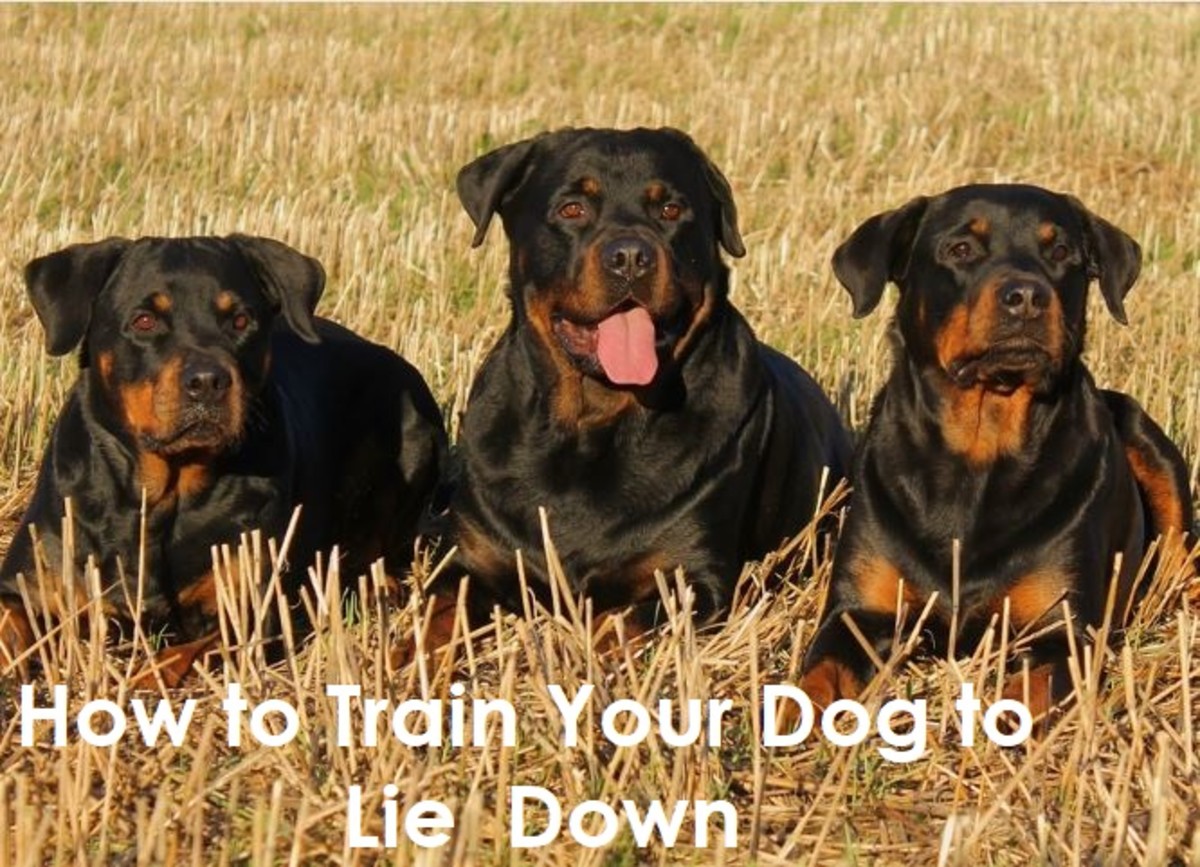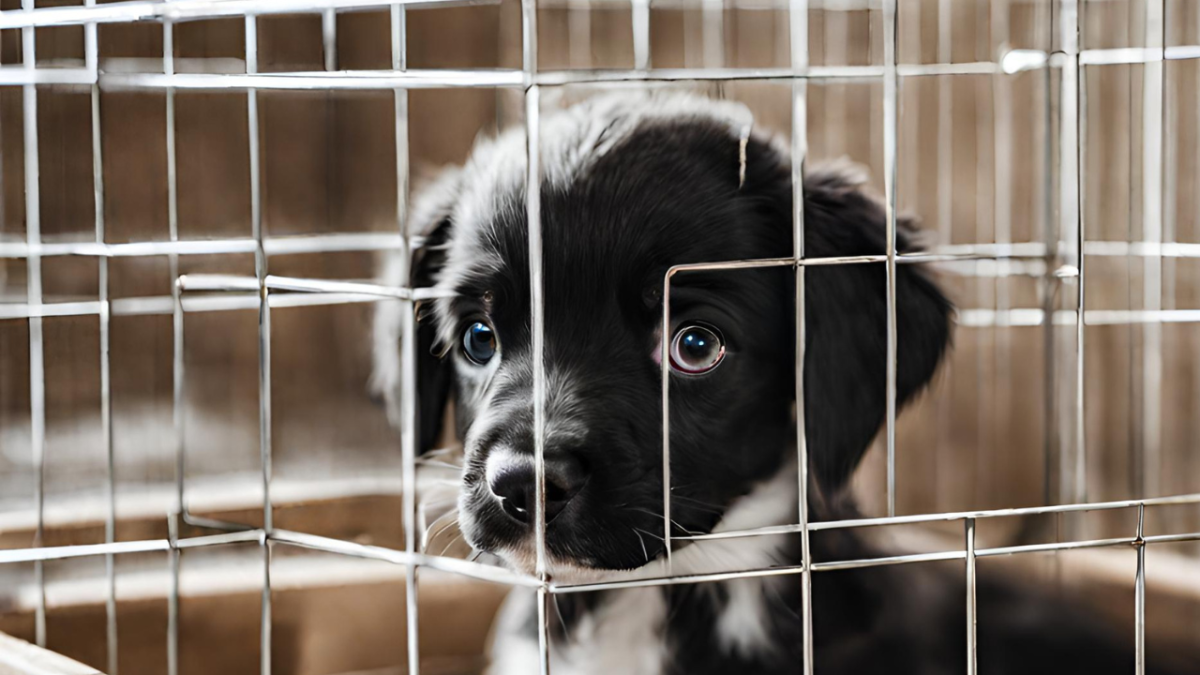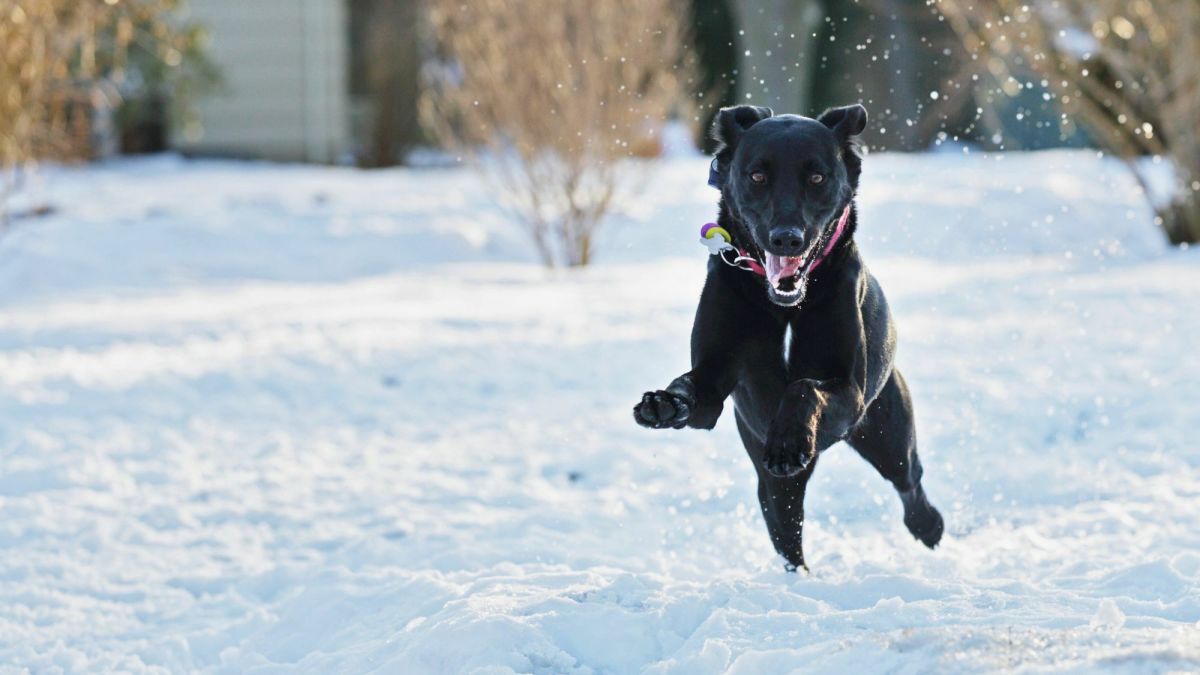How to choose a dog trainer
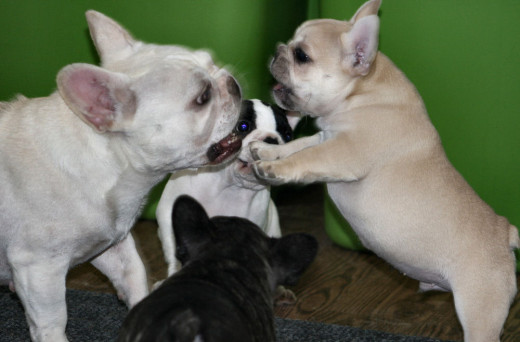
There's no "New Dog Manual"
Dogs don't come with instructions.
While it might be convenient, it wouldn't work. There is no training that works the same way for every dog, or every family. Whether you've just brought home a new puppy, adopted an adult dog from a shelter, or your family pet has developed a habit that's making you crazy, you've
decided you need some help.
The first step is to decide on your goals. Teaching a new pet the rules of the household is one type of training. Training for dog sports and/or competition is another. Dealing with specific issues is yet another kind of training entirely.
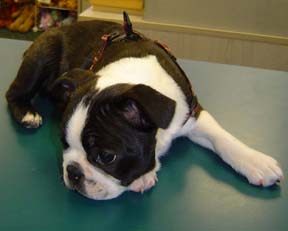
Training your new puppy
Congratulations! You've just gotten a puppy and your family is delighted with the new addition. Until she chews on something she's not supposed to, nips one of the kids, or refuses to be housebroken.
Even experienced dog-owners get frustrated with puppies. If they weren't so cute, there'd be no excuse for puppies.
It's never too late to seek help - but the best time may be even before the puppy arrives.
Make use of all the resources available to you. If you have a local neighbor, friend or relative whose dog is well-mannered, ask the people if they attended a local class, and if so, where it was and who taught the class. Many dog-training venues have a high turnover rate and the instructors can vary widely in the quality of their classes.
If you don't get a recommendation this way, try asking local pet professionals for referrals; including groomers, veterinarians, shelters, and doggie daycare facilities.
Other resources for finding local puppy classes include dog-training clubs, and professional dog-training organizations, like the Association of Pet Dog Trainers.
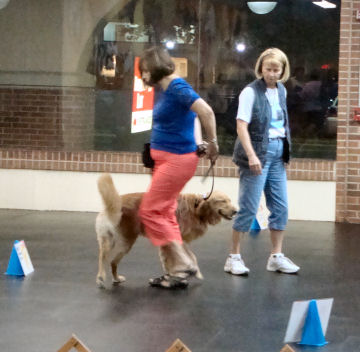
Now what?
Once you've found the options available to you, it's time to do some further checking and see which one is the "right" one for you and your dog.
Finances play a part, of course, but are not the only consideration. Just because a class is expensive doesn't mean it's good. The training club I've belonged to for many years (North Shore Dog Training Club in the Chicago area) is excellent and inexpensive because we are all volunteers for our not-for-profit group.
When you make contact with a trainer, ask to observe a class without your puppy. You may get a "feel" over the phone whether the trainer is a good fit for your situation, but it's always best to check things out for yourself. If you're looking for obedience training, you won't be happy if the class turns out to be a play group.
While you're at the class, pay attention to the dogs. There's always a certain amount of noise and a touch of chaos in any dog class - but do the dogs seem happy? Are the people engaged in the activity? And is the instructor explaining things clearly and having the people practice with their dogs?
Most importantly - what training methods are being used? If all the dogs in the class are wearing choke- or prong-collars, you've arrived in a class that uses correction methods that may be decades out of date. The best current dog-training methods use "positive reinforcement" and reward heavily. "Clicker-training" is one aspect of positive reinforcement.
"Bookcamp" training
I see more and more trainers offering "bootcamp" training - you send your dog away to live with the trainer for a period of time. When the dog comes back home, it's supposed to be "trained."
At the end of bootcamp, the dog probably will obey that trainer perfectly. Whether that translates to obedience at home is another story.
Dogs, like children, respond best to rules that are consistent, teaching that is patient, and explanations that are clear. If you expect your dog to obey you - you should be the one training him.
Training for issues
Dog training classes may be the best venue for training puppies, or learning to work with a newly-adopted adult dog. You and your dog will establish a closer relationship by working together in a class situation and practicing well-defined exercises between class sessions.
Other situations may require a more personalized kind of training. If your dog's behavior has changed; becoming fearful, aggressive, or destructive in some way, it's time to seek individual, professional help. A visit to the veterinarian will help rule out any medical reason for the change. If your dog is found to be healthy, seek a professional trainer who will come to your home, evaluate your situation, and recommend a course of action. There's no shame or embarrassment in not knowing how to remedy the situation. Everybody needs professional advice to "fix" things in their lives - from plumbing, to heating, to tutoring the children, to training the dog. Help is out there!
Resources for finding a dog trainer
Friends
| Family
| Neighbors
|
Veterinarians
| Groomers
| Dog Walkers
|
American Kennel Club (AKC.org)
| Association of Pet Dog Trainers
| Animal Shelters
|
Positive reinforcement dog training
Get started with positive reinforcement (clicker) training!
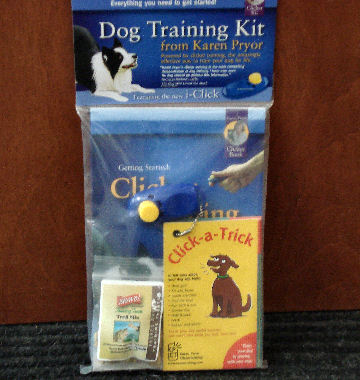
© 2014 HopeS

